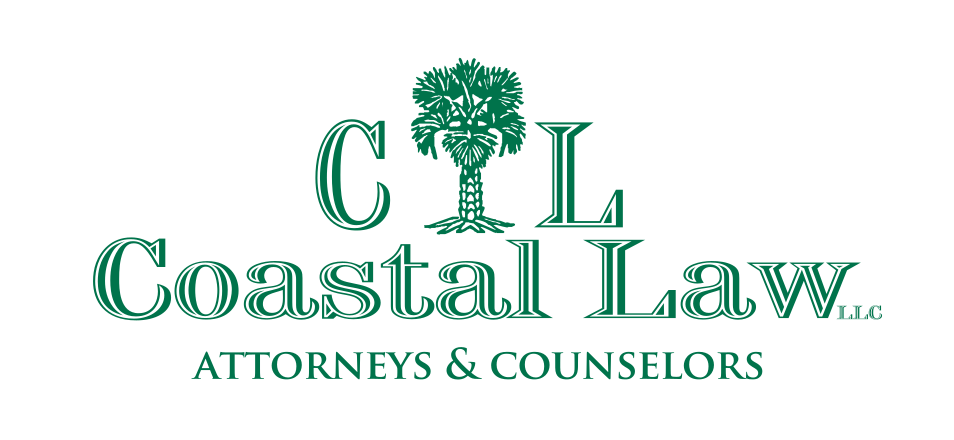Ask a law enforcement officer or prosecutor and they will tell you that it is an invaluable tool in the war on drugs. Take a drug dealer’s money, vehicles, and stash houses, and you put them out of business. Confiscate 1) the drug dealer’s profits, and 2) the drug dealer’s means of purchasing more merchandise, and you take away the motivation and the means for drug dealing.
That’s persuasive, but…
Ask most of the people who are victims of civil asset forfeiture in SC, and they will tell you that they are not a big-time drug dealer – many are not drug dealers at all. As it turns out, civil asset forfeiture in SC often just targets motorists with money in their pockets. Many have their money stolen by law enforcement because they had a small bag of weed or even no drugs at all.
Civil asset forfeiture in SC has become a “slush fund” for law enforcement – a secondary source of funding with little or no oversight, kept in a bank account that is controlled exclusively by the agencies responsible for seizing the money and prosecuting the forfeiture cases. Officers are encouraged to bring in as much forfeiture money as possible, turning roadside forfeitures into a game to see who can get the high score…
Is that constitutional? Are we okay with law enforcement officers seizing cash from motorists on the roadside in situations that bear little resemblance to the stated reasons for civil asset forfeiture in SC?
What is the Procedure for Civil Asset Forfeiture in SC?
If police seize your cash on the roadside, they have a “reasonable” amount of time to file a forfeiture action in court. If they don’t file the forfeiture action, it is up to you to file a lawsuit to force them to return your money.
The state must show “probable cause” that there is a “nexus” between the money or other property and illegal activity – was the money proceeds from a drug sale? Was it intended to be used to purchase drugs? Was the vehicle used to transport drugs? Was your home used to facilitate drug sales?
Once the state has shown probable cause, the burden shifts to you – the property owner – to prove your innocence by showing that the money came from a legitimate source or that the vehicle or other property was not used in connection with illegal activity.
Is Civil Asset Forfeiture in SC Constitutional?
SC’s forfeiture statutes are not constitutional, and courts across the country have held that similar statutes are unconstitutional in recent years because 1) they violate the Eighth Amendment prohibition on excessive fines, 2) the burden of proof is placed on the property owner, 3) the system for retaining and distributing forfeiture funds creates an unconstitutional incentive for the officials responsible for prosecuting forfeiture cases, and 4) there is no provision for pre- or post-seizure judicial authorization other than the requirement that law enforcement file a forfeiture action within a “reasonable” amount of time.
Civil Asset Forfeiture in SC – Eighth Amendment
In Timbs v. Indiana, decided earlier this year, the US Supreme Court re-affirmed that the Eighth Amendment’s prohibition on excessive fines applies to the states under the Fourteenth Amendment’s Due Process Clause.
Timbs was not a bombshell, landmark opinion. It’s only holding is that the Excessive Fines Clause applies to the states, and it did not decide whether the forfeiture procedure in question violated the Eighth Amendment – the lower court will have to make that determination.
It is important, however, because it confirms that civil asset forfeiture programs operating under state law are subject to an excessive fines analysis. For example, is it constitutional for a forfeiture program to permit seizure of unlimited funds from an individual, without a criminal conviction or proof of anything beyond probable cause?
If law enforcement seizes $500,000 and a person’s brand-new SUV, but the person is ultimately charged with an offense that has a maximum fine of $10,000, does that violate the Eighth Amendment? What if they are not charged with any crime?
Civil Asset Forfeiture in SC – Burden of Proof
The state is only required to show probable cause – a very low standard of proof – that your property was connected to illegal activity before the burden of proof shifts to you to prove that your money or property is legitimate. Is it constitutional to require you to prove that your money is legitimate after the government has seized it?
Several courts nationwide have found that placing the burden of proof on the property owner is a violation of due process, including Harjo v. City of Albuquerque, 326 F.Supp.3d 1145 (D. N.M., 2018).
Civil Asset Forfeiture in SC – Judicial Review
The state is not required to show probable cause before seizing your money, or even immediately after. SC’s forfeiture law says that the state has a “reasonable” amount of time to file a forfeiture action.
It could be weeks or months before the state files the forfeiture action – sometimes they do not file it at all, forcing you to file a lawsuit if you want your money back. Once the forfeiture action is filed, it could take another year or longer before a hearing is scheduled where the state is required to show probable cause in a courtroom.
Washington state’s forfeiture laws were declared unconstitutional by the Washington Supreme Court in 1974 because they required that a forfeiture action be filed “promptly,” but did not provide for any other pre- or post-seizure hearing – see State v. Matheason, 84 Wash.2d 130, 524 P.2d 388 (1974).
Civil Asset Forfeiture in SC – Incentivization
Last but not least, civil asset forfeiture in SC is unconstitutional because forfeiture officials are institutionally, and sometimes personally, incentivized to prosecute forfeiture actions, similar to the forfeiture schemes that were declared unconstitutional in Harjo v. City of Albuquerque and Flora v. Sw. Iowa Narcotics Enforcement Task Force, 292 F.Supp.3d 875 (S.D. Iowa, 2018).
75% of the money seized in forfeitures goes to the law enforcement agency that made the seizure.
20% of the money seized goes to the solicitor’s offices.
Only 5% of the money seized goes to the state’s general fund.
The money that flows into the law enforcement agencies and the solicitor’s offices is kept in a separate bank account that is managed and spent solely by the law enforcement agency or solicitor’s office with no oversight from the legislature.
How is it spent? The only limitation in SC’s forfeiture law is that it be spent on drug enforcement and drug prosecution related activities – which is broad enough to include items like helicopters, military hardware, and the salaries of forfeiture officials.
The money is used for recurring expenses year-to-year and ensures that forfeiture programs are self-funding – the amount of money an agency can spend each year is limited only by the amount of money they seize from motorists on the roadside…
This creates what the courts have called an unconstitutional institutional incentivization to seize money from citizens and to prosecute forfeiture actions in SC. Each agency’s discretionary spending (slush fund) depends on how much money they seize from citizens. Some forfeiture officials’ jobs depend on their agency bringing in enough cash to cover their salaries.
When a forfeiture official personally benefits from seizures, it also creates what the courts have called an unconstitutional personal incentivization to seize money and prosecute forfeitures – for example, when a private attorney is retained by the government to prosecute forfeiture actions and his or her pay is contingent on the amount of money seized and retained.
SC Forfeiture Attorneys in Myrtle Beach
The SC legislature needs to amend our forfeiture laws to stop what sometimes amounts to highway robbery by law enforcement officials and to guarantee that SC law enforcement is respecting the constitutional rights of our citizens. In the meantime, if your money has been seized by SC police, contact the SC forfeiture attorneys at Coastal Law to discuss your case and find out if we can help.
Call us now at (843) 488-5000 or fill out our online form to set up a free initial consultation.


